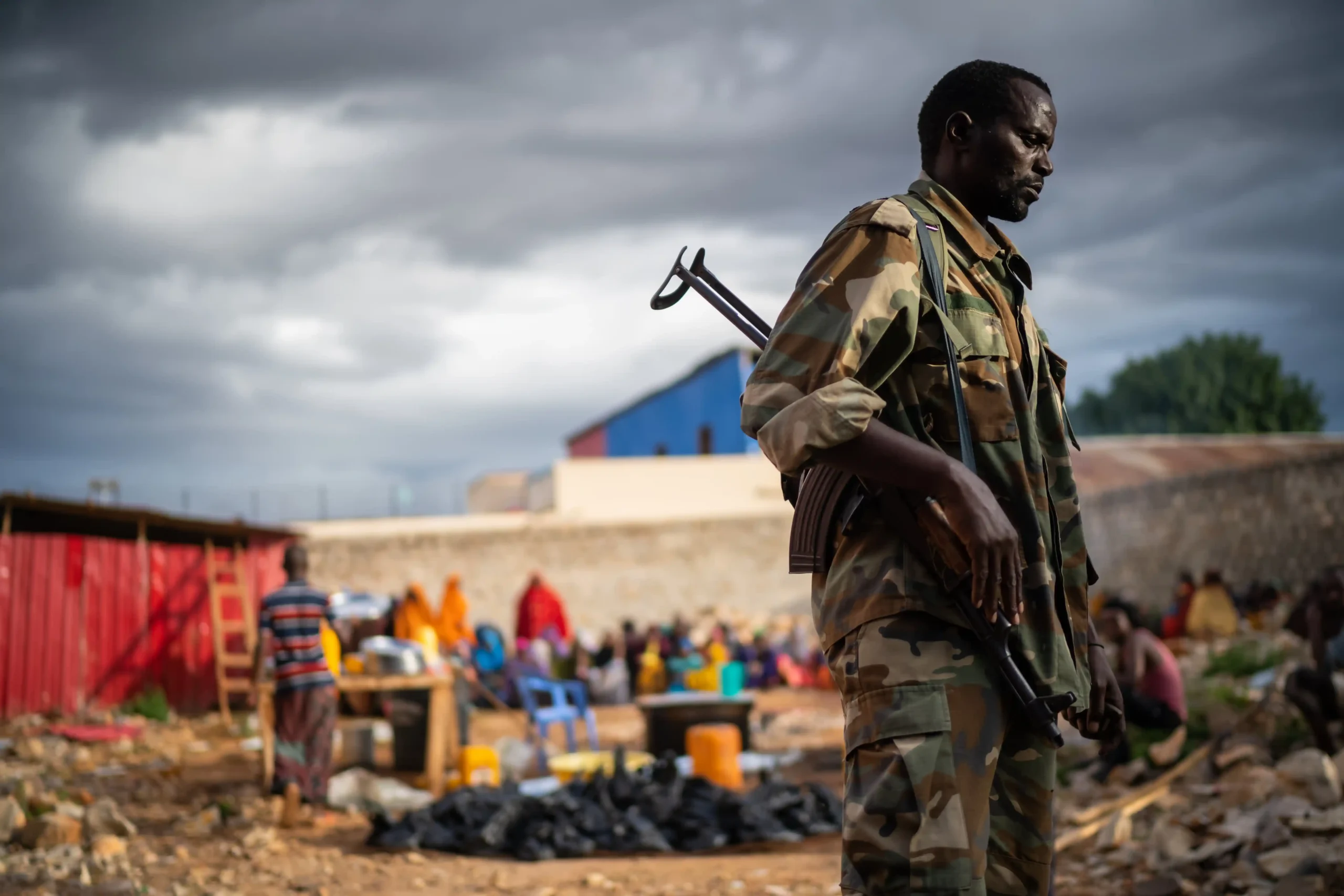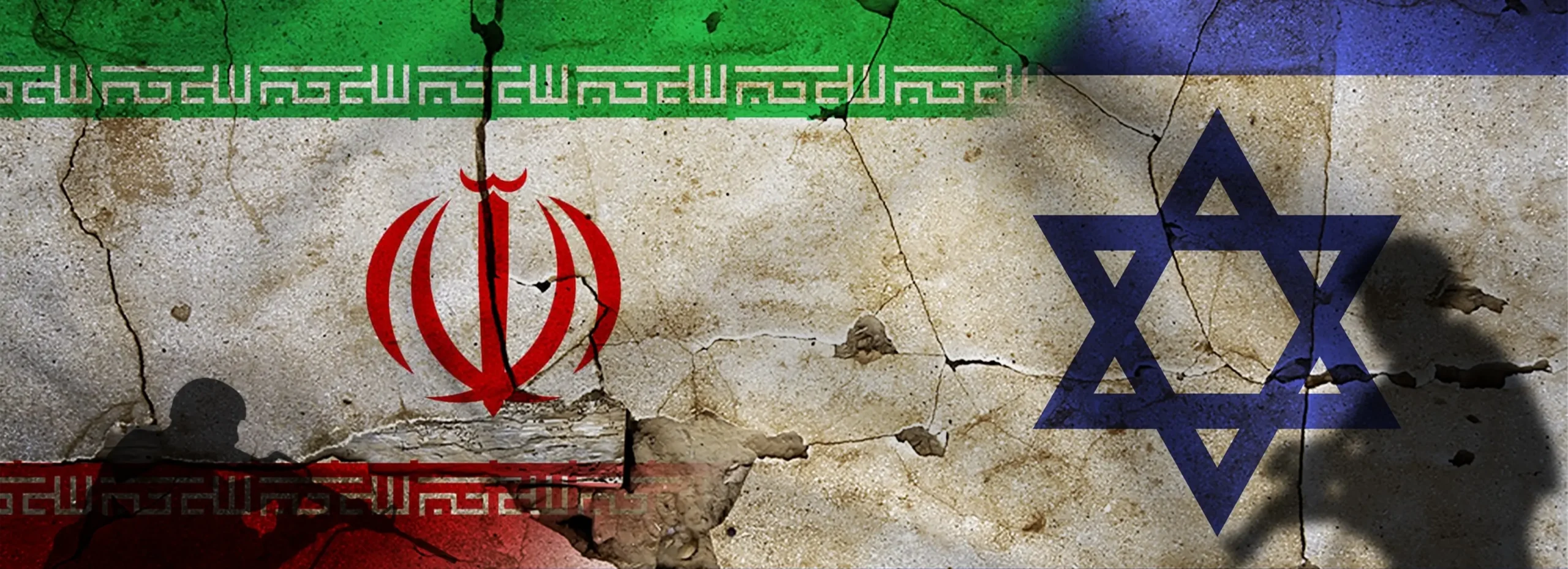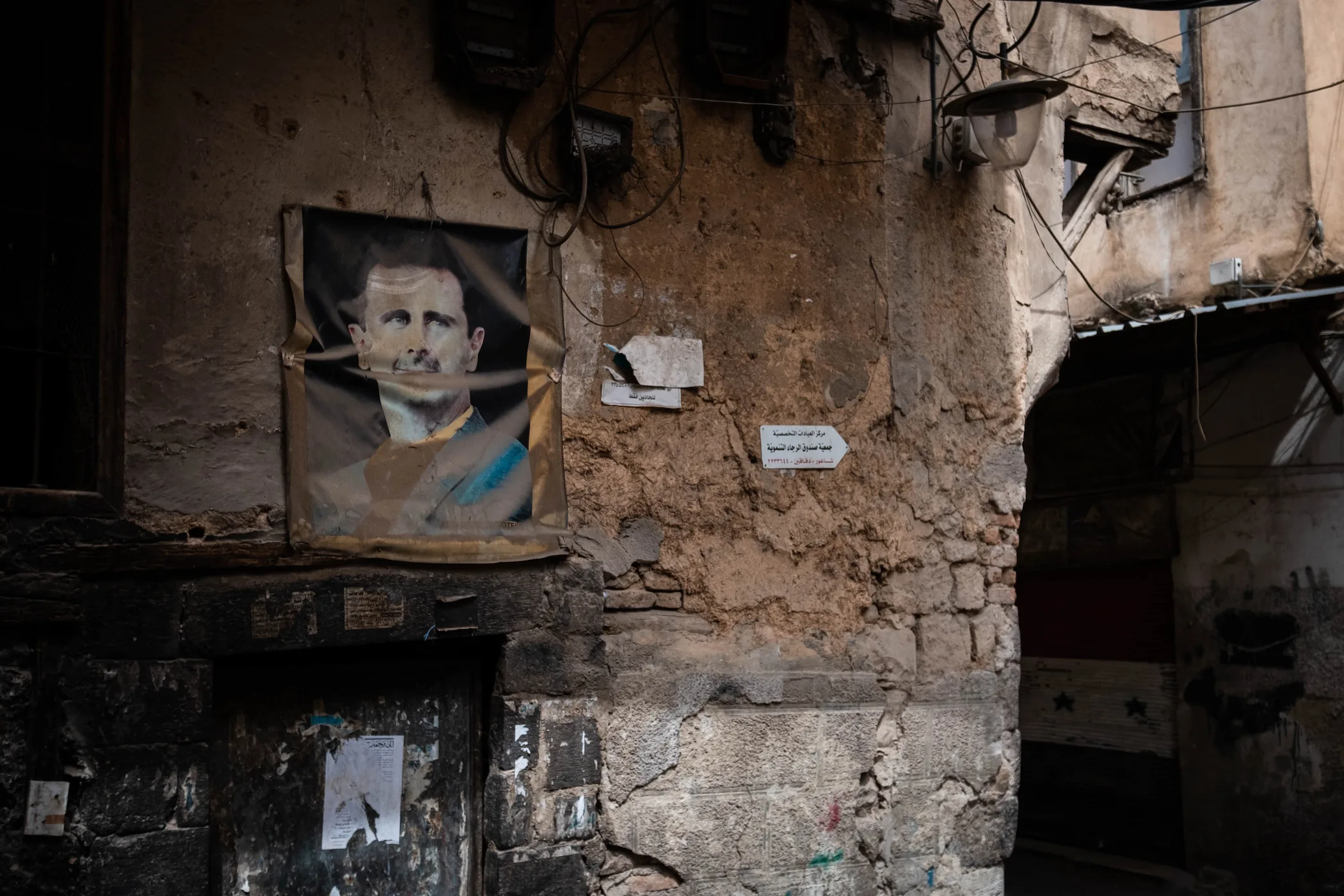In January of 2024, landlocked Ethiopia officially considered the formal recognition of Somaliland, which declared independence from Somalia in 1991 and remains an unrecognised de facto state. This potential agreement, which would be in exchange for access to the Gulf of Aden through the port of Berbera, reignited tensions with neighbouring Somalia. Although the exact details of the agreement have not yet been fully disclosed, Somalia considers it to be an annexation of territory potentially. Still, its demands for an end to the agreement have seemingly been ignored by its neighbours.
New Escalations
In the latest eruption, Somalia expelled its Ethiopian ambassador and ordered the closure of two consulates. This move came shortly after Ethiopia was recently reported to have invited a delegation from the Somali federal state of Puntland, which is currently refusing to recognise the federal government following disputed constitutional changes. Puntland is considered by some to be semi-autonomous, and signals of its move toward further autonomy have further enraged the Somali government. In addition, according to Somaliland’s Foreign Minister, the technical aspects of the Memorandum of Understanding with Ethiopia are now almost complete.
More under the radar, on the ground, tensions are bubbling up with some sources claiming there are military activities on the border between Somalia and Somaliland in Buqdharkayn, a village in the Sool region of Somaliland. This is a known site of war between the two sides, namely between Somaliland and the Somali state of Khatumo. According to a Somali news source, there are concerns about claims that Somaliland may incite clan conflicts and reclaim territories it had previously dominated. Should this escalate, the SSC-Khaatumo forces could enter Somaliland and attempt to invade its capital, Hargeisa, thus escalating the conflict.
If finalised, the Ethiopia-Somaliland deal would be a gamechanger for the Horn of Africa, which is currently a hot spot of geopolitical tensions and competing security interests.
Potential Gains and Losses
At first glance, Ethiopia and Somaliland might be in a win-win situation. Ethiopia’s access to Red Sea ports would open up new paths to economic expansion, help the country diversify its trade, and reduce its dependence on neighbouring Djibouti. The need for port access is particularly high in the wake of the Tigray War, which created a humanitarian disaster in Ethiopia.
Politically, the deal could also give Ethiopia some leverage to pursue its regional interests. Although its Red Sea access could add to existing tensions with Egypt, complicated by the Grand Ethiopian Renaissance Dam and its ties to Israel, the deal would make Ethiopia a de facto player in Red Sea security and trade. This could open new pathways for necessary diplomacy. Whether this would come through gradual mutual efforts or be the end result of tense standoffs is uncertain; however, cooperation with Ethiopia would become increasingly important for regional players.
At the same time, Ethiopia faces its own security threats, which could be worsened by its deteriorating relations with Somalia. Since their war over the Ogaden region in 1977, stability between and within the two countries has been a delicate balance. Ethiopia has, since 2006, been involved in anti-Islamist and counter-terrorism operations in Somalia. Although Ethiopia succeeded in overthrowing the Islamic Courts Union and continues to contribute troops to the African Union Transition Mission in Somalia (ATMIS), which fights the persistent armed group al-Shabab, its efforts have not always been welcomed by Somalis and have been seen as counterproductive and suspicious by other actors such as the United States. The deal with Somaliland has already increased anti-Ethiopian sentiment which may weaken counterterrorism operations and further embolden al-Shabab — an outcome that could later backfire on Ethiopia.
The potential recognition of Somaliland as a state has also reopened long-standing discussions about the history of its autonomy and, in the process, discussions about the self-determination of other groups in the region — including in Ethiopia itself. The risk of emboldening other secessionist movements is not far-fetched. Groups such as the Ogaden National Liberation Front (ONLF), which demands autonomy for Somalis in Ethiopia, may use the momentum of narrative reinterpretations to reexamine their position considering historical injustices — which Ethiopia has tried hard to rewrite through the Ethiopianization of Ogaden. Nevertheless, the people of Ogaden have witnessed violent repression over the years and pro-Ethiopian sentiment may be difficult to embed despite the 2018 peace agreement. Below is a statement from an official ONLF account, not directly alluding to specific actors but demonstrating clear historical grievances:
While some may find cause to rejoice in the shedding of #Somali blood in #Ogaden, let them be reminded: our time will arrive. Though forgiveness may come to us, we never forget those who have inflicted harm upon our people, be it at local or international levels.
— ONLF (@ONLFofficial) March 7, 2024
For Somaliland however, Ethiopia’s recognition would be a long-awaited step for the country that has been pursuing independence for 33 years. Despite functioning as a de facto state with its own government, military, and currency, international recognition has remained elusive. This lack of recognition stems from a complex interplay of factors, including lingering support for a unified Somalia from some regional powers and concerns about setting a precedent for other secessionist movements in Africa. However, the path to recognition through the Ethiopia deal is fraught with risks. While Somalia currently lacks the military capacity to forcefully challenge Somaliland’s autonomy, the deal could provoke a strong political reaction. Strained relations with Somalia could lead to increased struggles over upper airspace control, which Somalia is currently dominating, or a proxy war through armed groups, ultimately creating a costly conflict for both sides.
Somaliland may also be underestimating the risk of its involvement in regional power play. Being the only democratic (at least procedurally), and thus far peaceful country in the midst of neighbouring authoritarian regimes may bode well in terms of international support for Somaliland should a larger conflict erupt. However, their democracy has not been without its challenges and the potential deal is creating internal divisions. The country’s defence minister, Abdiqani Mohamud Ateye, resigned in January following the announcement of the planned deal which he said was a threat to Somaliland’s sovereignty, especially the establishment of an Ethiopian naval base. Furthermore, a two-year delay for presidential elections and a 15-year delay for parliamentary elections signal potential political instability. How the deal with Ethiopia will unfold ahead of or against the backdrop of the November 2024 presidential elections remains uncertain.
Is Somalia Being Edged Out?
Despite the low risk of a full-blown war with Ethiopia due to their respective economic and security situations (Somalia’s reliance on Ethiopian troops for counter-terrorism efforts being a key factor), Somalia finds itself with limited options in response to the deal. Their primary challenge lies with their military, which is already stretched thin fighting al-Shabab, who still control significant portions of Somali territory.
While Somalia has garnered some international support against the deal from countries like Egypt, the United States, the European Union, China, and Turkey, the effectiveness of this support is hampered by Somalia’s own internal weaknesses. The fragility of its government and chronic instability make it difficult for these countries to invest heavily in a volatile partner.
Furthermore, the significant presence of foreign troops in Somalia, particularly those from the African Union Mission in Somalia (AMISOM), acts as a further deterrent to large-scale military escalation. The complex web of interests among these foreign actors discourages any single player from initiating a major conflict. Additionally, a full-blown war could destabilise the entire region, potentially leading to a “resource grab” for Somalia’s untapped reserves – a scenario that many of Somalia’s current supporters are likely trying to avoid.
Overall, the Ethiopia-Somaliland deal hangs heavy over the Horn of Africa, a potential catalyst for regional transformation or descent into renewed conflict. The coming months will be a test of diplomatic dexterity, demanding a delicate balancing act between pursuing self-interest and navigating the responses of both state and non-state actors, including local communities and separatist movements. The success or failure of the deal will hinge on the parties ability to address each other’s concerns and prioritise regional stability.
References
Associated Press. “Somalia’s President Accuses Ethiopia of Trying to Annex Territory with Somaliland Sea Deal.” AP News, February 17, 2024. https://apnews.com/article/somalia-somaliland-ethiopia-coast-deal-cf55ea156e44370253c591864b62c264
Yibeltal , Kalkid an, and Danai Nesta Kupemba. “Somalia Expels Ethiopian Ambassador amid Row over Somaliland Port Deal.” BBC News, April 4, 2024. https://www.bbc.com/news/world-africa-68734631
“Maxay Tahay Xiisadda Laga Dareemayo Qaar Ka Mid Ah Deegaanada Xadka u Ah Somaliland Iyo SSC?” BBC News Somali, April 16, 2024. https://www.bbc.com/somali/articles/c4n1xw8ej2yo
“Somalia: SSC-Khatumo Warns Somaliland over Future ‘Invasions.’” Garowe Online, November 15, 2023. https://www.garoweonline.com/en/news/somalia/somalia-ssc-khatumo-warn-somaliland-over-future-invasions
Ali, Faisal. “Ethiopia and Somaliland Reach Agreement over Access to Ports.” The Guardian, January 1, 2024. https://www.theguardian.com/world/2024/jan/01/ethiopia-and-somaliland-reach-historic-agreement-over-access-to-red-sea-ports
El-Bendary, Mohamed. “Somalia-Ethiopia Jitters Could Plunge the Horn of Africa into Chaos.” Euronews, January 18, 2024. https://www.euronews.com/2024/01/18/rising-somalia-ethiopia-tensions-could-plunge-the-horn-of-africa-into-chaos
Bakir, Ali. “How Israel, Egypt, and the UAE View Ethiopia’s Red Sea Deal.” The New Arab, January 22, 2024. https://www.newarab.com/analysis/how-israel-egypt-and-uae-view-ethiopias-red-sea-deal
Center for Security Studies (CSS). “Ethiopian Meddling in Somalia Counterproductive.” Relief Web, September 27, 2006. https://reliefweb.int/report/somalia/ethiopian-meddling-somalia-counterproductive
Thando Matshanda, Namhla. “Ethiopian Federalism Has Fuelled Tensions about Clan Histories.” LSE Blog, June 28, 2023. https://blogs.lse.ac.uk/africaatlse/2023/06/28/ethiopian-federalism-has-fuelled-tensions-about-clan-histories/
Faruk, Omar. “Somaliland’s Defense Minister Resigns over Deal to Give Ethiopia Access to the Region’s Coastline.” AP News, January 8, 2024. https://apnews.com/article/somaliland-ethiopia-coast-deal-defense-minister-resigns-d8606e7221681e7adcd4a8219dae92c3






















Comments